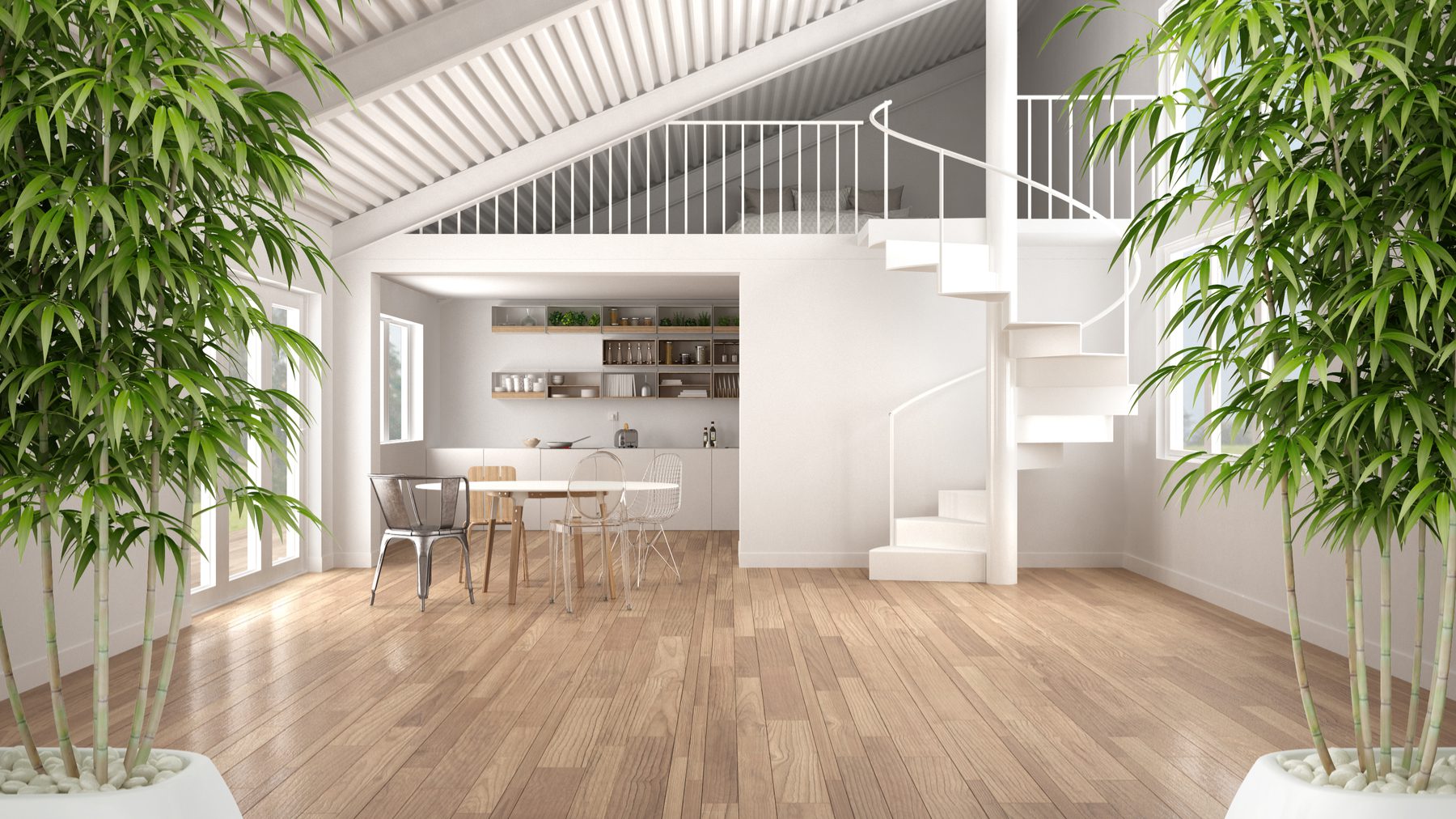A Skeptic’s Guide to Feng Shui in Your Home

Feng Shui is an old Chinese practice meant to harmonize your environment with the world around it. It’s well known for having a lot of rules for where different things in your house should go, and often looked at skeptically for frequent references to Qi energy and forces.
Maybe you don’t believe in the principles of Feng Shui, balancing energies, or any of the specific ideas. There’s still a lot you can take from it. If nothing else, there are many recommendations it gives that can help you feel more relaxed and at ease in your home.
Everywhere
- Get rid of clutter: The more things you have around the place, especially strewn about randomly, the more you’re going to feel stressed out by it.
- Keep your space open and things clearly organized: Similar to the above, all of these things being all over the place can get in the way of feeling like you can just sit back and enjoy your home. Don’t take this as needing to throw everything out, but keeping a reasonable amount of open space will keep from stressing you out.
- Make it easy to get to and through doors: You should be able to open any of your doors at least 90 degrees and keep a clear path from doors through the hallway. This is especially important at the front door - you don’t want to trip over something or see a mess as soon as you walk in the door, do you?
- Keep things clean: A dirty house is stressful. Cleaning, both in terms of organization and wiping things down/dusting/vacuuming will lead to it feeling a lot less stressful.
Common areas
- Give guests a reason to linger: Artwork or something similar in the front room gives people reason not to go straight to another room. This helps promote conversation rather than heading somewhere else right away. You want them to visit, not head straight to the kitchen.
- Bring in plants: You want a lot of quality air, and plants help to keep more oxygen circulating through your home. It doesn’t hurt that they also tend to look really nice.
- Let in natural light: Relying on just artificial light can exhaust you pretty quickly. Letting in as much natural light as you can, by keeping blinds or windows open, will help you feel a lot better inside.
- Remove anything that has a negative effect on mood: You want to be surrounded by things that make you feel better. If there’s anything in your house that makes you feel stressed out or otherwise lowers your mood, you’ll want to get rid of it. This is particularly important in common areas, since visitors are going to see it as well, and you don’t want to bring everyone’s mood down.
- Use mirrors to make space feel more open: If you weren’t able to clear out enough space, you can use mirrors to make things feel more open. Usually, you should mount these higher on the walls, but use whatever placement helps it feel less cluttered and reflects something you want to see. You don’t want a mirror pointed straight at your trash can, do you?
Your bedroom
- Use pillows/sheets that look and feel nice: This should be obvious, but you want to feel good when you sleep, don’t you? If your pillows and sheets feel good, you’ll sleep much better. Having them look good also makes you feel more confident in showing off your home to other people.
- Remove anything that doesn’t help you relax: Like the above, but more general. Your bedroom is your space, and anything there that doesn’t help you to relax should go. Anything on the walls, a TV, whatever - if it isn’t helping you to relax and get to sleep, then it should go.
- Try to keep open space here as well: This is a more pressing issue in common areas, but a cluttered bedroom can be just as stressful, especially considering how much time you spend there. Organize things, tidy up, and consider mirrors to help it feel more open.
Even if you don’t buy in to Feng Shui, these are still pretty good ideas for how to arrange things in your home. So long as it works, it doesn’t matter where you got the idea from.

